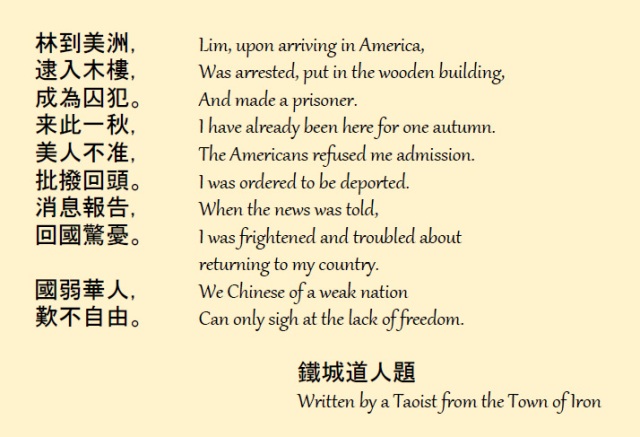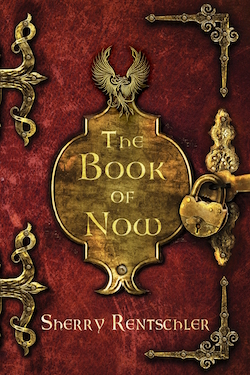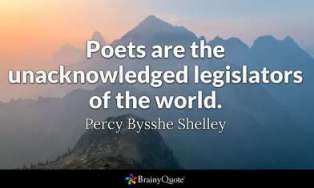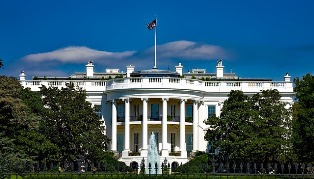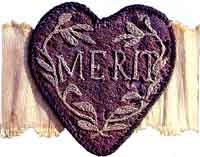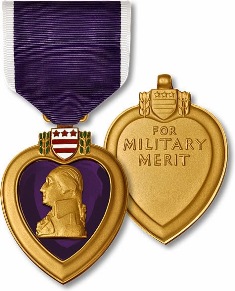Why We Memorialize Today
WHY WE MEMORIALIZE TODAY
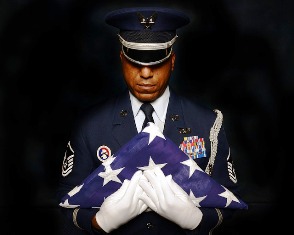
Today is Memorial Day. For some, it will be just another holiday that includes swimming, picnics, grilling in the backyard, sports binging, or a lazy day with a cold drink and a good book.
Whatever your activity this year, please take a moment and reflect on the reason why you have the freedom to do as you please.
Today, we remember the men and women who sacrificed their lives in the military service of their country. Today, their shadow falls over us and protects us from the vilest forms of oppression, injustice, and slavery. Their deaths mean we live free.
I understand we are a suffering people. And socially, we have much to learn and need many adjustments to find better days. But the shadow I speak of allows you the ability to complain about a leader without going to jail. It allows you to wake up without having to put on a gas mask and sling a weapon on your shoulder before going outside. The shadow of spilt blood allows you to worship where you wish and with whom you wish. The shadow of many men and women are the security blanket to the life we live in this country, and with the greatest amount of protections and freedoms than enjoyed anywhere else in the world.
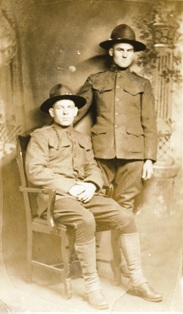
Wars were fought all over the world. Men died in the jungles, in the sands, in the streets, on the oceans and in the air, against many kinds of aggressors. And forgetting our political beliefs for the reason soldiers were deployed there, the point is they stayed and they fought and they were valiant and they died believing in one simple truth — that we, and this country, were worth it.
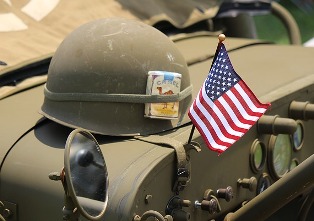
No, I’m not going to be naïve and say that we don’t have issues in this country. There are home grown and international terrorists who lurk in the very shadows that rest over us. We have “leadership” with questionable moral fiber and a systemic national misogyny thankfully but slowly going up in smoke under the #MeToo movement. We have African American, Hispanic, Asian and Native American people who are fighting prejudice and wrongful deaths as well as cultural persecution. We have gangs and drugs and legal fighting over abortions and border walls and immigration.
We are not perfect.
Some would say certain among us aren’t truly free.
I say they are wrong. I’ve been to other countries and I’ve seen what happens to those who speak out, who step out of line, who dare to use the freedoms that Americans have and they don’t. I know the jails where the lead paint peels from walls, where the dirt floor hides the scorpion skeletons, and the threat of death is real in a worship-our-way-or-die country. The other side of the fence isn’t greener. It’s swampy and stinks and is filled with smothering terrorism, cultural and societal fetters, chains that will force people into a daily life on its knees.
We are not them.
So while you watch sports and debate with your family over whether or not to take a knee, if you think that teachers (the hardest working advocates for our children) should not get a pay raise, if you argue about feminism (not really understanding what it is), or why English and American Anglicans are not the same, then do so with an appreciation and a respect that your freedom to complain and debate allows to you.

Then be grateful for and protective of that freedom. You can say what you like (as long as it is respectful and appropriate to the situation), you can own a gun, you can watch whatever silly news media you like and read whatever book you wish. You can take pictures of your trip or write a blog and complain. You can file a lawsuit or be a man and marry your male lover. You can go to the pool or the bowling alley, or skating rink or whatever kind of parade you want, and you can check out a movie, eat meat or fish or drink alcohol or clean water. You can be a woman and shoot a gun or be a man and mother and father children.
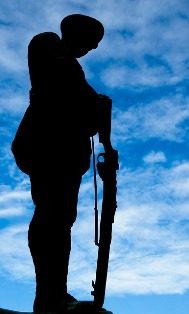
You are free. And you are because of the continued sacrifices by the brave men and women in the military who died so you could freely complain about how miserable your life is. Please take a moment to enter the military section of your local graveyard and give a moment of silent respect to the fallen. Most of them died willingly for the only thing they clearly understood. that is freedom over tyranny. Each and every one of our fallen made us “the land of the free and the home of the brave.” Let us cherish that which they died to provide.
Have a safe Memorial Day and God Bless America.
Proud to be a non-combat veteran, I remain, Yours Between the Lines,
Sherry















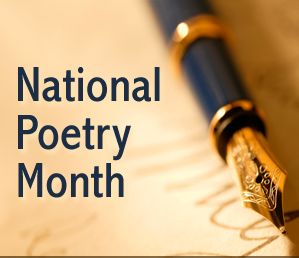 The Need for Poetry Never Ends
The Need for Poetry Never Ends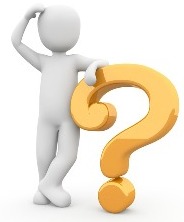 But what of the poet? What makes the poet separate from the fiction writer? And are they more or less powerful with the pen?
But what of the poet? What makes the poet separate from the fiction writer? And are they more or less powerful with the pen?